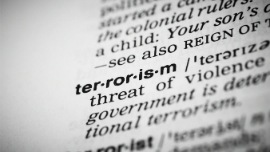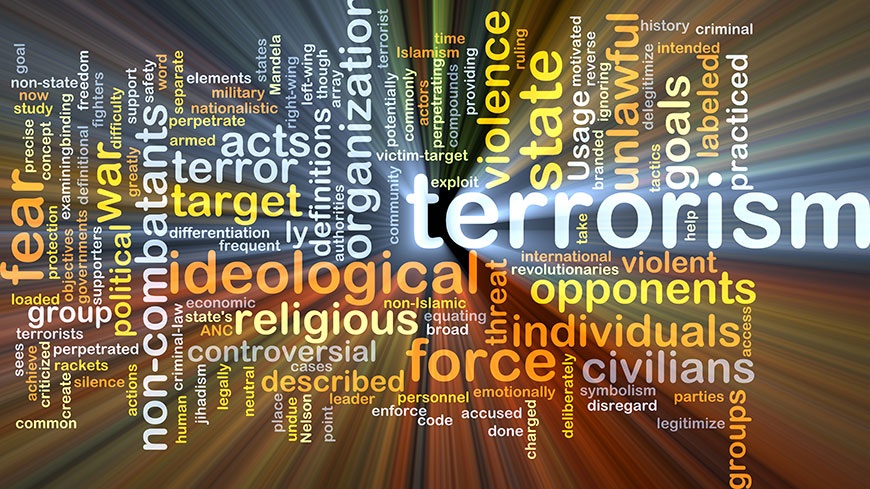Responding to the evolving nature of terrorism threats in Europe, the Council of Europe adopted today a counter-terrorism strategy for 2023-2027 which offers new tools and concrete responses to continuous and emerging challenges faced by state authorities.
The strategy aims at strengthening counter-terrorism efforts in Europe and beyond by addressing not only manifestations of terrorism, but also its root causes and drivers in the current geopolitical landscape. It aims to address the growing threat from violent extremism in Europe, the surge in abuses of new technologies for messaging, recruitment and training, and the interplay between acts of terrorism and violations of the rules of armed conflict (war crimes) recently observed in the context of the Russian Federation’s aggression against Ukraine.
It follows up on a number of efforts made under the 2018-2022 counter-terrorism strategy, such as the report on emerging terrorist threats in Europe and the Recommendation on the use of information collected in conflict zones as evidence in criminal proceedings related to terrorist offences. The strategy also reflects the understanding that while ISIL/Daesh or Al-Qaida-inspired terrorist threats may have diminished in recent years, there is a need to find effective and comprehensive means to prevent their resurgence.
To address these complex issues, the strategy envisages a rounded approach consisting of 24 actions targeted at strengthening preventive, repressive and protection capacities of national authorities through the development of a set of binding and non-binding legal standards, analytical reports, and model tools. Expected outputs include a resource tool on factors driving violent extremism leading to terrorism and recommendations on combating the promotion of terrorism and radicalisation on the internet. The strategy also foresees the development of guidelines on matters such as prosecuting terrorist offences and serious violations of international humanitarian law committed in the context of an armed conflict as well as on the (re)integration of women and children returnees and others affected by terrorism, among other issues.
The strategy stresses the need for the respect of human rights and the rule of law, as well as due consideration for the victims of terrorism. It also emphasises the need for cross-sectoral and cross-border co-operation in addressing different facets of terrorism, taking into consideration the effects they have on various aspects of our daily lives, including the flow of information, freedom of movement and security.
The new strategy will be implemented by the Council of Europe Committee on Counter-Terrorism (CDCT), in close co-operation and co-ordination with other relevant Council of Europe and United Nations bodies.





